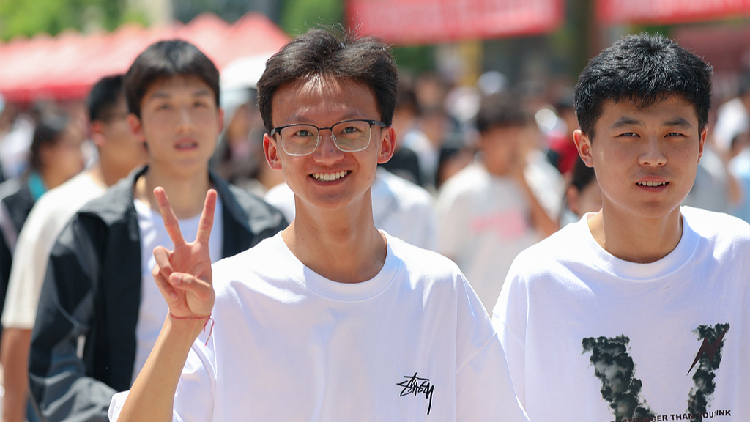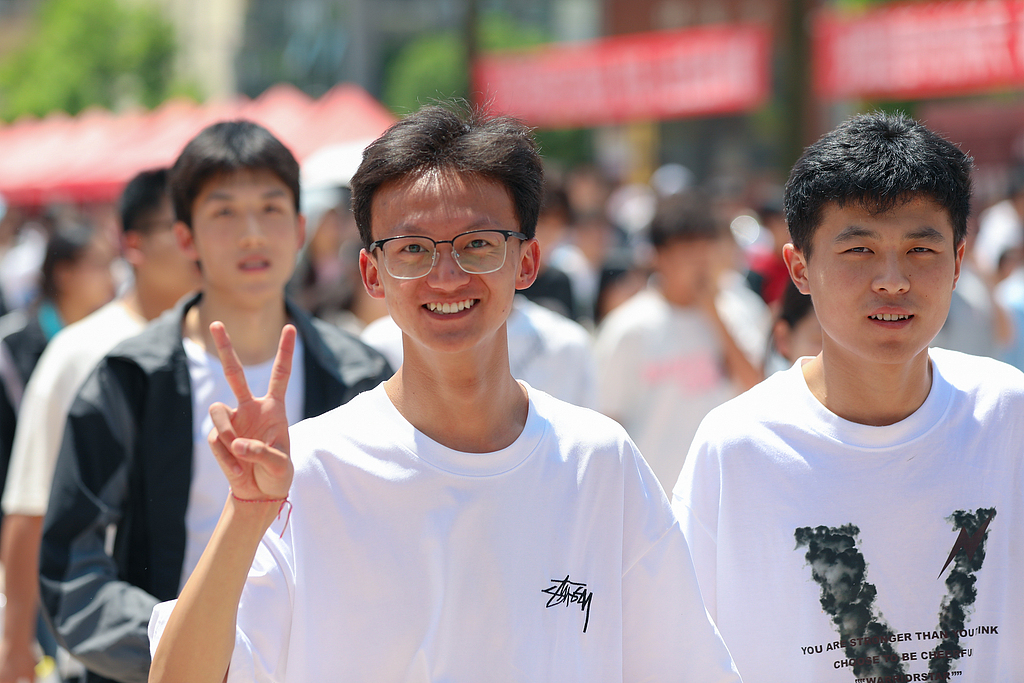Gaokao 2024 Kicks Off in China with Over 13.3 Million Students Taking the University Entrance Exam
China's Gaokao kicks off with over 13.3 million students vying for college admissions in the nation's largest exam event.


As the morning sun rose over cities and towns across China on June 7, the annual national college entrance examination, known as the gaokao, commenced with more than 13.35 million students seated in silent anticipation. The exam, held every June, is widely regarded as one of the most significant milestones in a young Chinese person’s life, determining access to higher education and shaping future opportunities for both individuals and families.
Vice Premier Ding Xuexiang highlighted the far-reaching importance of the gaokao during his recent inspection of a middle school in Taiyuan, Shanxi Province. He underscored that the examination stands at the intersection of personal aspiration and national development, describing it as crucial not just for students but also for the future trajectory of countless families. Ding called upon authorities to place fairness at the heart of examination reforms and organization, stressing the imperative of robust test paper security, anti-cheating measures, and thoughtful support systems to ease the stress on candidates.
In response to these priorities, the Ministry of Education announced a suite of enhanced security measures aimed at protecting the integrity of the 2025 gaokao. This year, exam centers nationwide have adopted advanced technological safeguards: strict entry checks, comprehensive screenings for banned devices such as mobile phones and smartwatches, and blanket radio signal blocking at all sites to prevent illicit communications. The deployment of intelligent surveillance—and, increasingly, artificial intelligence (AI) technologies—marks a new era in exam vigilance.
For instance, in Benxi City, Liaoning Province, every exam room is now watched by a real-time AI-driven monitoring system. These systems not only record what happens in each session, but also automatically flag suspicious behaviors, whether it be furtive conversations between students or inattentiveness among proctors. Similar innovations have rolled out in provinces including Jiangxi, Hubei, and Guangdong, augmenting traditional supervisory efforts with data-driven alerts and round-the-clock oversight.
Beyond the technical measures, communities across China have pulled together to foster a peaceful and supportive environment for test-takers. In many cities, performances and festivities have been postponed or suspended; Anhui’s renowned Huangmei Opera Theatre, for example, halted all shows from June 5 to 9 to reduce noise near exam venues. Museums, libraries, and sports facilities in several provinces have temporarily closed their doors, and street celebrations—from lion dances to puppet theatre—have been put on hold in the name of student concentration.
A variety of practical steps have also been taken to minimize disruptions. Cities have modified government and business office hours to ease congestion, while traffic police have set up priority lanes and stand ready to provide escorts for late-running students. In Benxi, a unique "gaokao free ride" taxi service has been launched, ensuring students can reach their examination sites without delay simply by presenting their admission pass.
With communities rallying and advanced technologies standing guard, the 2025 gaokao represents not only a test of knowledge but a collective effort to uphold fairness, safety, and opportunity for millions of young minds poised at the threshold of their future.




